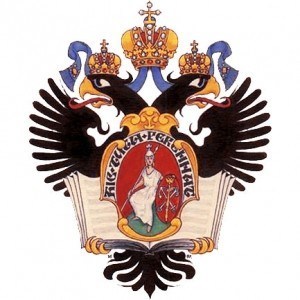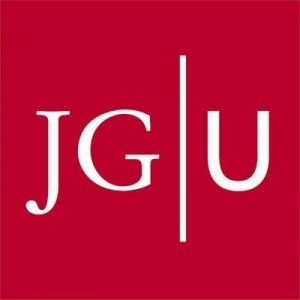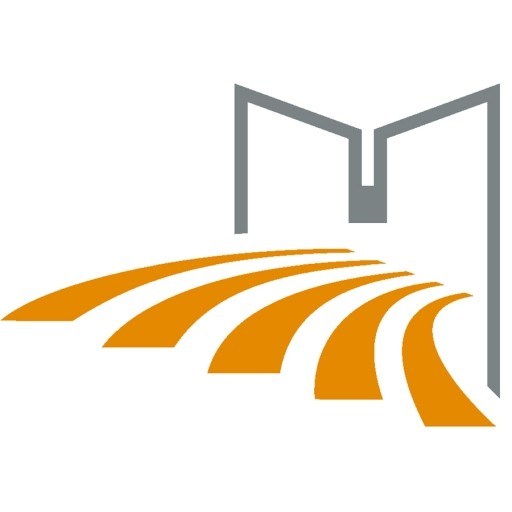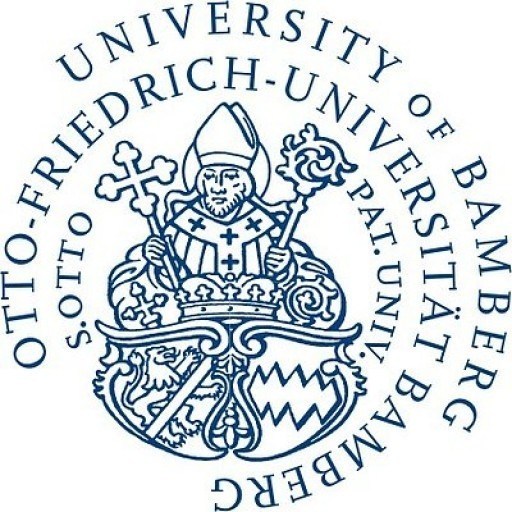Photos of university / #dartmouthcollege
The German Studies program at Dartmouth College offers students a comprehensive and multidisciplinary exploration of German language, literature, culture, history, and society. This program is designed to develop advanced language proficiency, critical thinking skills, and intercultural understanding, equipping students with the tools necessary to engage deeply with German-speaking regions and their global influence. Students in the program gain fluency in German through rigorous coursework in grammar, conversation, and composition, alongside engaging literary texts ranging from classical to contemporary authors. The curriculum encourages exploration of key topics such as German intellectual history, philosophy, art, politics, and social issues, providing a well-rounded perspective on the cultural landscape of the German-speaking world.
The program emphasizes active learning through discussion-based classes, written assignments, and multimedia projects, fostering an environment where students can apply their language skills in real-world contexts. It also offers opportunities for study abroad in Germany, allowing students to immerse themselves in the language and culture firsthand, thereby enhancing their linguistic proficiency and global awareness. Interdisciplinary courses often incorporate perspectives from history, political science, anthropology, and the arts, offering students a broader understanding of how German culture interacts with global developments.
Graduates of the German Studies program are prepared for diverse careers in international relations, education, translation, journalism, business, and cultural advocacy. The program also provides a solid foundation for students pursuing advanced studies or careers that require a high level of cultural competence and language mastery. With dedicated faculty members who are experts in their fields, students receive mentorship and guidance tailored to their academic and professional aspirations. The program fosters a vibrant academic community committed to exploring the rich heritage and contemporary issues of the German-speaking world, making it an ideal choice for students interested in language, culture, and international engagement.
Requirements for the Major
Prerequisite : Two of the following: GERM 6 or GERM 10.0; GERM 10.1, GERM 10.2, and GERM 10.3; or permission of the Chair. Students majoring in German Studies design an individual program in consultation with a departmental adviser.
The Department of German Studies offers three routes to the major:
1. Major A focuses on literary and non-literary texts in their historical and intellectual contexts, comprising courses offered by the Department of German Studies. With permission of the Chair, one appropriate course in another department or program may be substituted.
Requirements : eight courses numbered above 13 (GERM 42-47, which are in English translation, require additional work in German), three of which normally come from participation in the Foreign Study Program in Berlin (GERM 29, GERM 30, and GERM 31). All majors must take the upper-division seminar offered in the winter term of their senior year (normally a GERM 60s course). At the end of their senior winter term, all majors will give a presentation based on their work done for this seminar.
2. Major B combines resources of the Department of German Studies with a coherent selection of those of other departments and programs, such as Art History, Comparative Literature, Film Studies, Geography, Government, History, Music, Philosophy, and Religion. In principle, any relevant course in the Dartmouth curriculum that is approved by the Department of German Studies may qualify for this major.
Requirements : six courses in the German Studies Department numbered above 13 (GERM 42-47, which are in English translation, require additional work in German), three of which normally come from participation in the Foreign Study Program in Berlin (GERM 29, GERM 30, and GERM 31); four advanced courses from among those offerings in other departments or programs that deal substantially with the culture of German-speaking countries. All majors must take the upper-division seminar offered in the winter term of their senior year (normally a GERM 60s course). At the end of their senior winter term, all majors will give a presentation based on their work done for this seminar.
3. Modified Major combines German Studies with another discipline in a coherent program of study. This major is designed individually by the student with a departmental adviser. It may include participation in the Foreign Study Program in Berlin.
Requirements : six courses numbered above 13 (GERM 42-47, which are in English translation, require additional work in German); four courses beyond the introductory level in another department or program of the College and approved by the Chair of the Department of German Studies. All majors must take the upper-division seminar offered in the winter term of their senior year (normally a GERM 60s course). At the end of their senior winter term, all majors will give a presentation based on their work done for this seminar.
Requirements for the Minor
Minor : The Department of German Studies offers a minor with the following prerequisites: GERM 1, GERM 2, GERM 3, or permission of the Chair. In addition, the minor requires two intermediate courses (GERM 6, 10.0, 10.1, 10.2, 10.3) and four advanced courses above GERM 13 (GERM 42-47, which are in English translation, require additional work in German.) One of these advanced courses may be replaced with an appropriate advanced course in another department or program. Students who wish to declare a minor must do so no later than the fall term of their senior year.
1. SAT Reasoning or ACT (with Writing);
2. 2 SAT Subject Test Scores;
3. The common application essay;
4. Within the Common Application, Dartmouth’s writing supplement requires that applicants write a brief response to one of the following supplemental essay prompts. Candidates choose one topic and respond;
5. A counselor recommendation and two teacher recommendations. In addition, a peer recommendation is strongly encouraged;
6. Resume;
7. Brief abstract of an independent research project;
8. IELTS or TOEFL (no minimum scores).
Dartmouth Scholarships are need-based and are given without expectation of repayment. Amounts range from $1,000 to over $50,000, depending on our determination of your eligibility. Some Dartmouth students will be selected as recipients of one or more of our over 750 endowed scholarship funds. These awards are not additional money, but indicate that the aid already awarded will come from a specific endowed fund. No separate application is required. Students who receive scholarships from external sources can use these funds to reduce the loan and/or job portions of their financial aid packages. Veteran's benefits are included as a resource in the determination of eligibility for Dartmouth scholarship awards. Dartmouth College currently participates at 100% in the Yellow Ribbon Program which supplements GI Bill benefits. For U.S. citizens or permanent residents, the Free Application for Federal Student Aid (FAFSA) is the only form required to apply for Federal Financial Aid. The federal government provides Pell Grants to students who qualify on the basis of financial need as determined by their Free Application for Federal Student Aid (FAFSA). Federal Supplemental Educational Opportunity Grants (FSEOG) are awarded by the College to the most needy students. They vary in amount but do not exceed $4,000 a year. When you apply for financial aid, your parents' country of residence will determine which documents you need to submit. Parents living outside U.S. and Canada should provide income/benefits statement from employer.
The German Studies program at Dartmouth College offers students a comprehensive exploration of German language, literature, culture, history, and civilization. The program aims to develop students’ proficiency in the German language while providing them with a deep understanding of the rich cultural heritage of German-speaking countries. Through required language courses, students improve their speaking, reading, writing, and comprehension skills, preparing them for advanced study or careers that require multilingual abilities.
In addition to language instruction, the program emphasizes the study of German literature, from medieval texts to contemporary works, enabling students to analyze literary themes, historical contexts, and cultural developments. Courses often include seminars on German philosophy, political history, and arts, providing a multidisciplinary perspective on German-speaking societies. Students are encouraged to engage critically with texts and cultural artifacts, fostering skills in analysis, research, and scholarly writing.
The curriculum typically offers options for study-abroad experiences in Germany, allowing students to immerse themselves in the language and culture firsthand. These programs are designed to enhance linguistic fluency and cultural understanding, often including specialized coursework related to history, politics, or the arts. Students also have opportunities to participate in internships, cultural exchange programs, and independent research projects.
The German Studies department is dedicated to fostering an inclusive learning environment, with faculty members who are experts in various fields within German Studies. They mentor students and support their academic and professional pursuits, including careers in international relations, translation, academia, business, and the arts. The program may also collaborate with other disciplines at Dartmouth, such as History, Literature, and Politics, offering interdisciplinary courses that enrich students’ academic experience.
Overall, the German Studies program at Dartmouth College positions students to acquire a nuanced understanding of German language and culture, prepare for international careers, or pursue advanced graduate studies. The program’s diverse offerings and immersive experiences make it a compelling choice for students interested in Germany and the broader German-speaking world, fostering a lifelong engagement with European culture and global issues.








